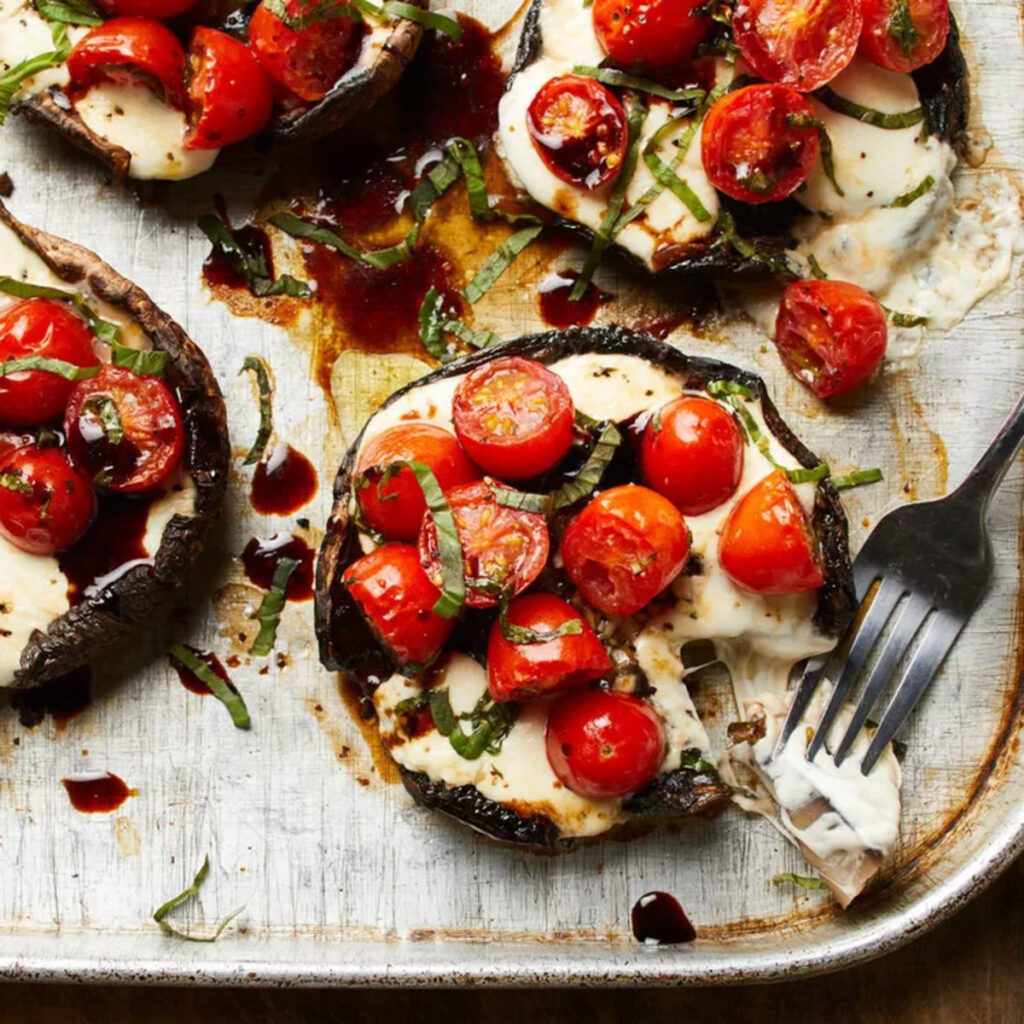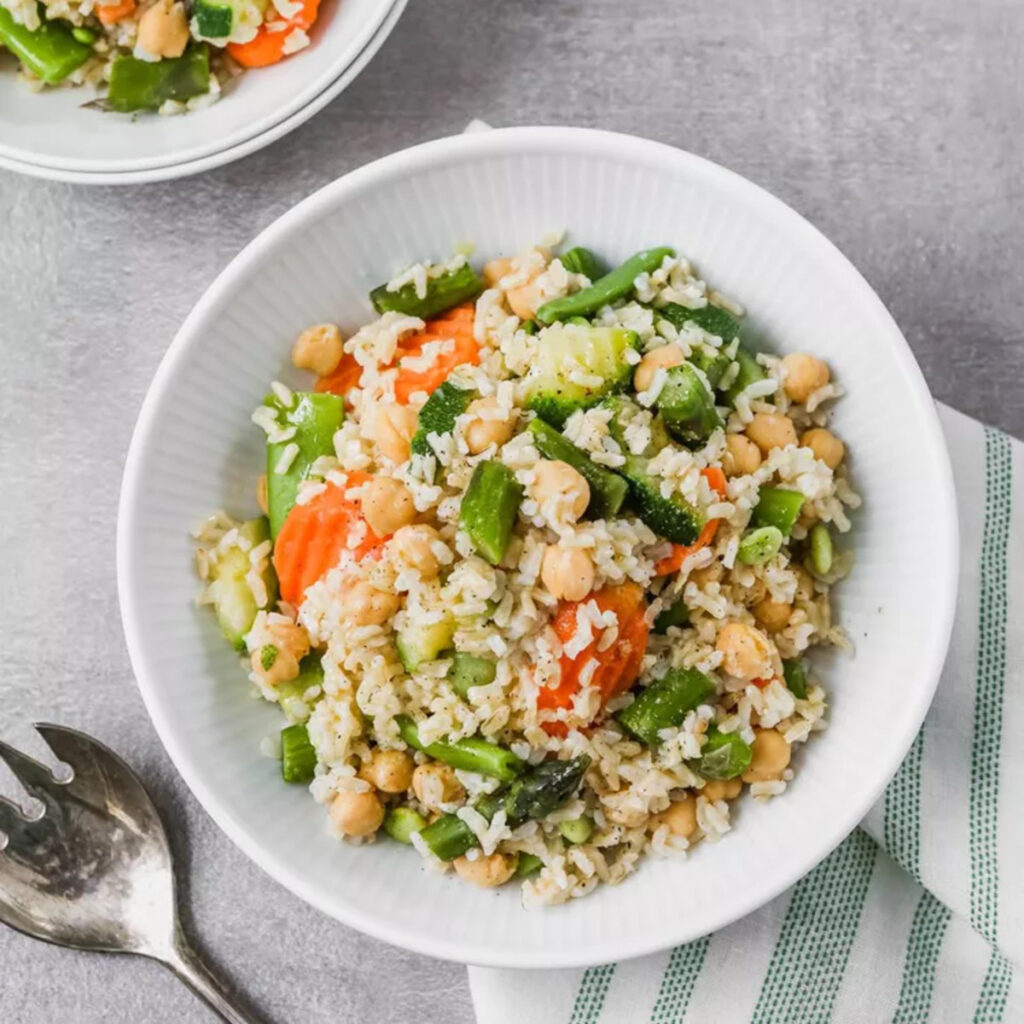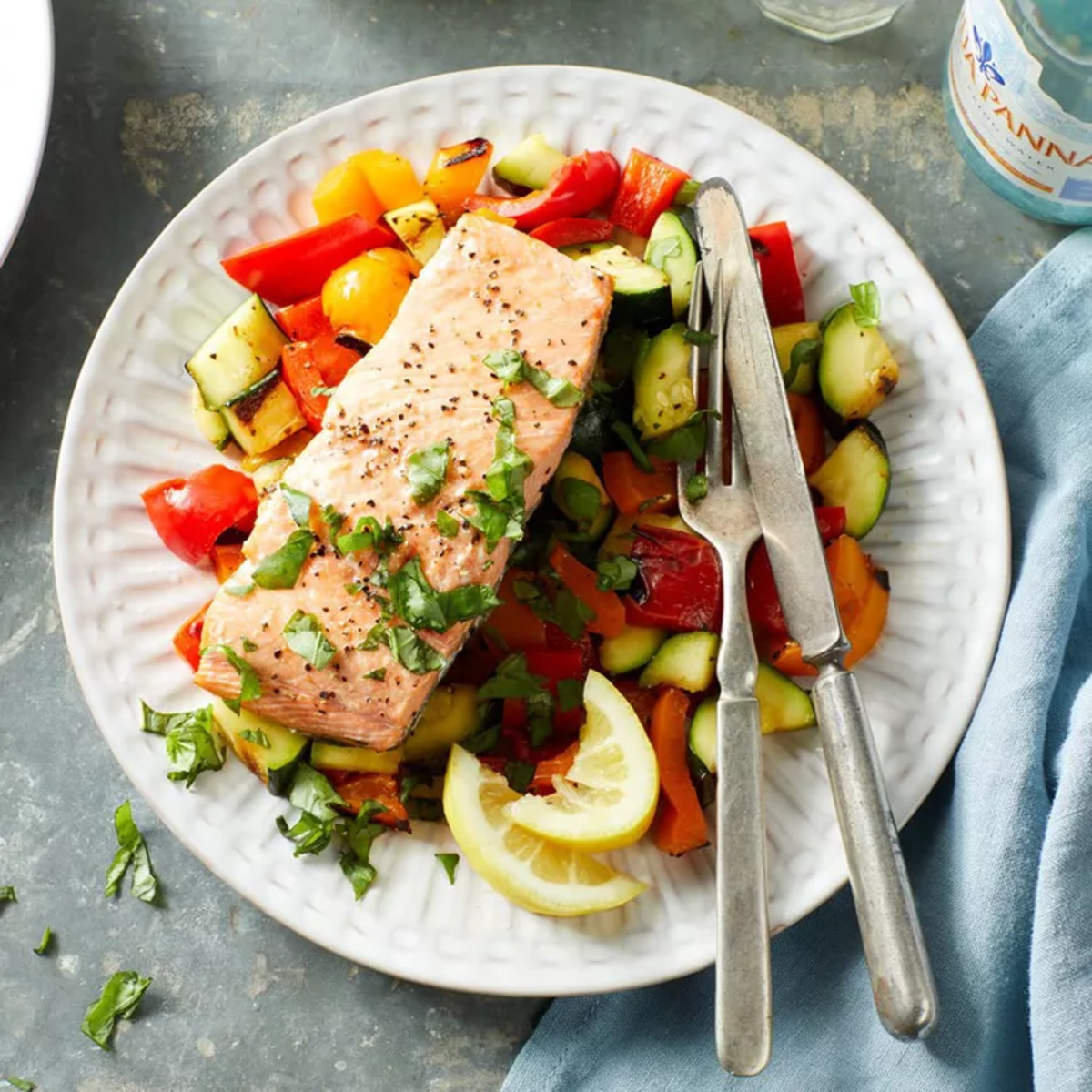The Mediterranean diet is more than just a trend; it’s a sustainable and enjoyable way of eating that has stood the test of time. Unlike rigid meal plans, the Mediterranean diet is flexible and can be adapted to suit various cuisines and personal preferences. This guide will walk you through the essentials of the Mediterranean diet and offer practical tips to help you incorporate it into your daily life.
What Is the Mediterranean Diet?

The Mediterranean diet is inspired by the traditional eating habits of people living in countries around the Mediterranean Sea, like Italy, Greece, and Spain. But you don’t have to live there to benefit from it. Many are adopting this diet for its proven health benefits, including reduced risk of heart disease, stroke, and even certain cancers. The beauty of the Mediterranean diet lies in its simplicity and emphasis on whole, natural foods.
At its core, the Mediterranean diet focuses on eating plenty of fruits, vegetables, whole grains, legumes, and healthy fats like olive oil. Fish is the primary source of protein, with red meat, poultry, and processed foods taking a backseat. And yes, moderate consumption of red wine is part of the plan, adding a touch of enjoyment to your meals.
How to Get Started with the Mediterranean Diet

Getting started with the Mediterranean diet is straightforward, especially when you focus on whole foods. When planning your meals, aim for balance: half your plate should be fruits and vegetables, a quarter should be whole grains, and the remaining quarter should be lean protein.
Focus on Whole Foods: The Mediterranean diet is all about natural ingredients. Skip the highly processed items and opt for foods with simple, recognizable ingredients. Think fresh fruits, vegetables, nuts, legumes, and whole grains.
Make Vegetables the Star: Vegetables should be the main attraction on your plate. Try to incorporate 7 to 10 servings of fruits and vegetables each day. This might sound like a lot, but it can be as simple as adding spinach to your morning eggs or snacking on an apple with some almond butter.
Eat More Fish: Fatty fish like salmon, mackerel, and sardines are rich in omega-3 fatty acids, which are great for heart health. Don’t worry if fresh fish isn’t always available—canned options are just as nutritious and convenient.
Cook with Plant-Based Oils: Swap out butter for plant-based oils like olive or avocado oil. These oils are rich in unsaturated fats, which help lower “bad” cholesterol and improve heart health.
Rethink Your Dairy: Choose strong-flavored cheeses like feta or Parmesan, which allow you to use less while still getting that rich flavor. Opt for plain, Greek, or fermented yogurt over flavored varieties with added sugars.
Switch to Whole Grains: Replace refined grains like white bread with whole grains like brown rice, quinoa, and farro. These grains are not only more nutritious but also help keep you fuller longer.
Snack on Nuts: Nuts are a powerhouse of healthy fats, protein, and fiber. A small handful of walnuts or almonds can keep you satisfied between meals while also boosting your heart health.
Moderate Your Sugar Intake: While the Mediterranean diet isn’t about strict restrictions, it’s wise to limit highly processed desserts. Instead, satisfy your sweet tooth with fruit or a small piece of dark chocolate.
Enjoy Red Wine in Moderation: If you drink alcohol, a glass of red wine with dinner can be part of your Mediterranean lifestyle. But remember, moderation is key—one glass for women and up to two for men.
Mediterranean Diet Pantry List
Stocking your pantry with the right ingredients is the first step toward success. Here’s a sample list to get you started:
- Fruits & Vegetables: Think vibrant colors—berries, oranges, tomatoes, spinach, and more. Frozen and canned options are great for convenience, just watch for added sugars or sodium.
- Whole Grains: Stock up on whole-grain bread, oats, brown rice, and quinoa.
- Fish: Keep salmon, tuna, and sardines on hand, whether fresh, frozen, or canned.
- Poultry & Meat: While not the main focus, lean chicken and turkey are good options. Limit red meat to occasional meals.
- Dairy: Choose unprocessed cheeses and plain yogurt.
- Nuts, Seeds & Legumes: Almonds, walnuts, lentils, and beans are staples.
- Herbs & Spices: Fresh or dried, they add flavor without the need for excess salt.
- Plant-Based Oils: Olive oil is a must, but avocado and sesame oil are also great for variety.
The Mediterranean diet isn’t just about what you eat; it’s about enjoying your meals and embracing a healthier lifestyle. So, fill your plate with colorful foods, savor every bite, and enjoy the journey to better health!

